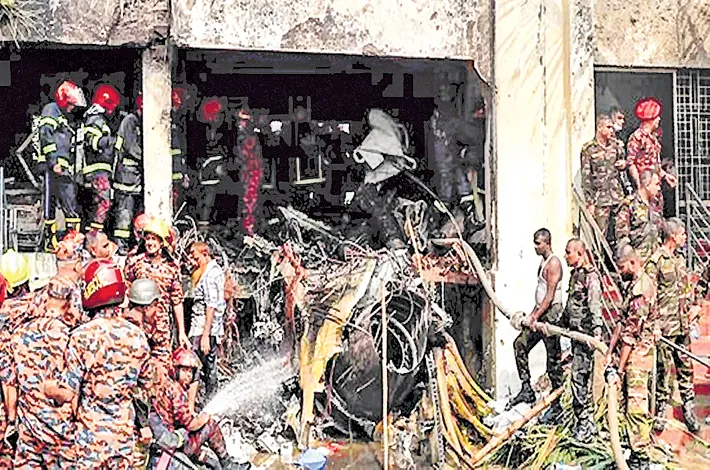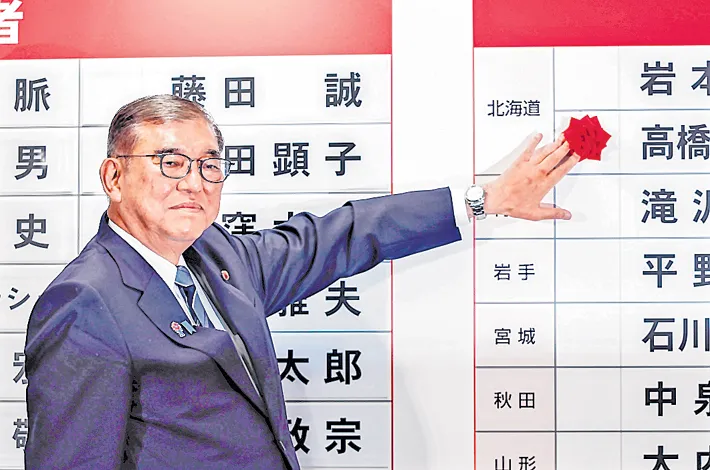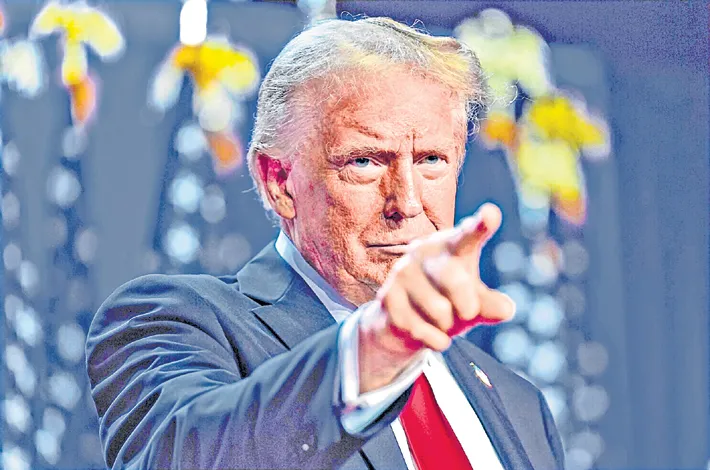India to ditch privatisation plans, pour billions in PSUs: Sources
28-01-2025 12:00:00 AM

FPJ News Service mumbai
Prime Minister Narendra Modi is pouring billions into ailing state-run firms after slowing ambitious divestment plans that were intended to reduce the role of the state in business, according to government sources and a document reviewed by Reuters. Less than a month into 2025, New Delhi has plans to invest about $1.5 billion in financial rescue packages for two state-owned firms after failing to sell them to private companies.
According to the Reuters report, it has also decided to put in "abeyance" privatisation of at least nine state-owned units after opposition from relevant ministries, according to a document that detailed recommendations of a government panel set up to identify privatisation candidates. The document, reviewed by Reuters, did not cite reasons for the decision.
The nine companies include Madras Fertilizers, Fertilizer Corp of India, MMTC, and NBCC (India), the document showed. HUDCO, that was also identified for privatisation, has now been 'exempted' implying it will not be sold, according to the document.
Among the state-owned companies being revived with government funding is helicopter operator Pawan Hans. The government is planning to infuse around $230 million-$350 million in Pawan Hans to modernise its aging fleet of helicopters after four failed attempts to sell the company, two government sources said.
The amount of infusion is still being finalised as the options being considered for fleet modernisation include both outright acquisition and leasing, one of the sources said. The sources declined to be identified. India's finance and civil aviation ministries did not immediately reply to e-mails seeking comment on the privatisation plans or on the Pawan Hans investment.
Four years since the privatisation policy was announced, the Modi government has had only three successes, out of which Air India's sale to the Tata Group was the largest. The other two were indirect holdings in steel-maker Neelachal Ispat Nigam Ltd to Tata Steel and Ferro Scrap Nigam to Konoike Transport Co.
Other large sales have either been deferred or delayed. The U-turn in policy was partly driven by the expectation that some large state-owned firms could be overhauled and made more profitable, helping the government earn dividend income, Reuters has reported previously.








